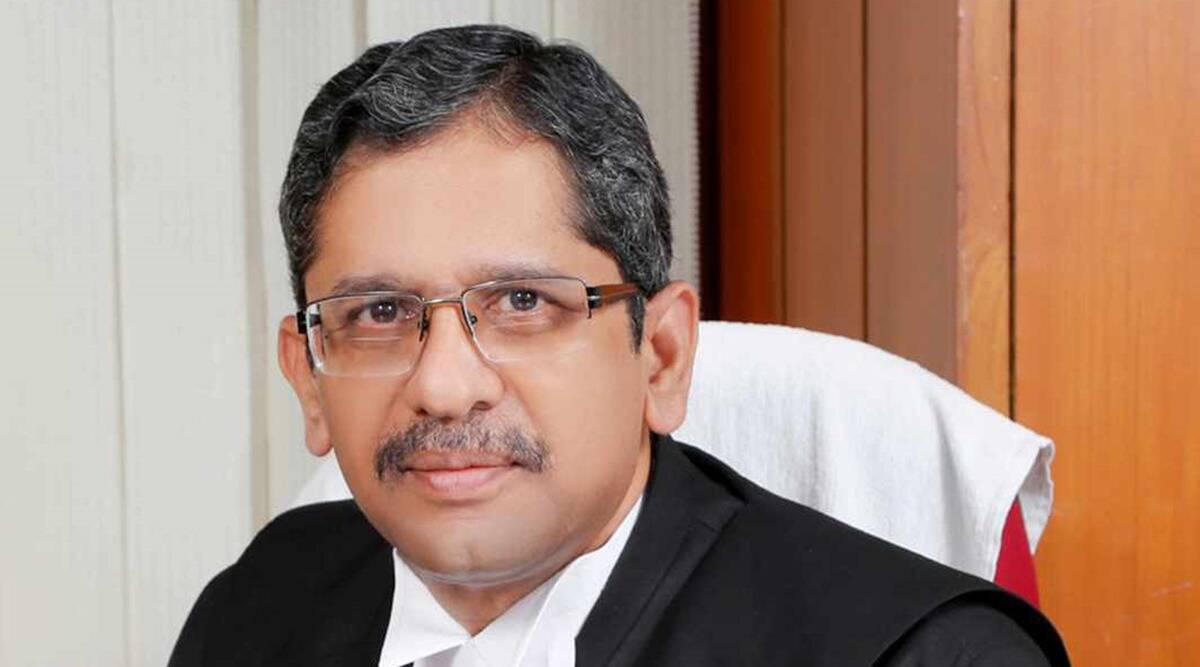
Chief Justice Ramana calls for ‘Indianisation’ of country's legal system

Chief Justice of India NV Ramana said the country’s legal system is “colonial” in origin and “may not be best suited for the Indian population”.
Speaking at a programme organised by the Karnataka State Bar Council to pay tribute to Late Justice MM Shantanagouder on Saturday (September 18), CJI Ramana said the need of the hour is “Indianisation” of the country’s legal system.
Ramana said courts should be transparent and accountable. “Very often our justice delivery poses multiple barriers for the common people. Our legal system needs to be more suited to the needs of common people. The current working style of the courts does not sit well with the complexities of India,” he said, adding that the common man should feel scared of judges and courts.
“Our systems practice rules which are colonial in origin and not best suited to the needs of the Indian population. The need of the hour is the Indianisation of our legal system,” Ramana said, clarifying that by ‘Indianisation’, he means to say “adapting to the practical realities of our society and localise the justice delivery system.”
Also read: ‘Sorry state of affairs in Parliament’, no clarity in laws: CJI
Ramana said that people from villages usually find themselves out of place when their matter is placed before the court. “Rural people are left out and don’t understand proceedings in English. These days, judgments have become lengthy which adds further complication for the litigants who are then unable to understand the implications of a judgment. They are forced to spend more money,” he said.
The CJI said that courts need to be “litigant-centric”. “It is crucial to make justice delivery more transparent and accessible and effective. Procedural barriers often undermine access to Justice…You (the public) should not feel scared of the judges and courts. You should be able to speak the truth.”
Ramana paid tribute to the late Justice Shantanagoundar. “The country has lost a common man’s judge … He was interested in taking up the cases of the poor and the underprivileged, while he was practicing … His judgments were simple, abundant, practical and immense with common sense … He was always prepared for hearings,” he said.

